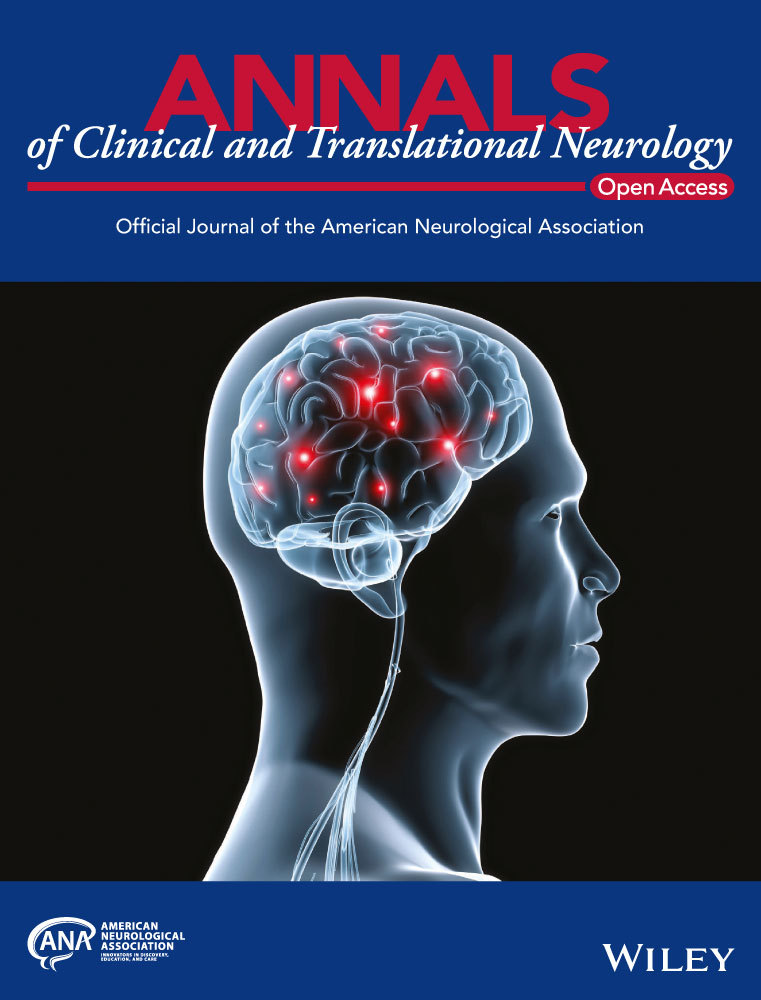Gut microbiome alterations in anti-NMDA receptor encephalitis: caveats for result interpretation
Dear Editor,
We read with interest the article published by Gong and colleagues on gut microbiome alterations in patients with anti-N-methyl-D-aspartate (NMDAr) encephalitis.1 The authors deserve credit for conducting a microbiome study in such a difficult population. However, in our view, their results warrant some caveats for interpretation.
The authors found that the gut microbiome of patients with anti-NMDAr encephalitis had higher species richness (i.e., increased alpha diversity) compared to healthy controls. This finding was surprising considering that higher species richness is generally considered beneficial for health.2 A large meta-analysis has recently questioned the reliability of alpha diversity as a marker of dysbiosis in patients with extra-intestinal conditions: associations between alpha diversity and disease that were significant in individual studies proved inconsistent across studies, suggesting that single studies can be plagued by confounding factors and batch effects.3
As microbiome studies are easily affected by confounders, a rigorous methodology is needed to avoid biases.4 In the study by Gong and colleagues, the control group was properly matched for the main factors that are known to affect microbiome composition, such as age, body mass index, and diet. However, no information was provided on the measures undertaken to control other confounding factors that are inherent to study design. The authors do not state whether patients with acute anti-NMDAr encephalitis were receiving corticosteroids or other immune therapies, needed intensive encephalitis were receiving corticosteroids or other immune therapies, needed intensive care resources,5, 6 especially mechanical ventilation7 and do not report for possible antimicrobial agents as this is frequently the case in the ICU setting. Indeed, instead of univariate analysis, a multivariate approach would allow to, at least partially, correct for these cofounding factors.12
Disease-specific microbiome alterations should be distinguished from the nonspecific alterations found across different disorders that represent a generic consequence of bad health.3 This distinction is essential to identify biologically relevant alterations and elaborate appropriate interventions for the disease under consideration.3, 8 Although this analysis was not performed by Gong and colleagues, we believe it could enrich future studies.
Ethnicity, geographical location and diet are important factors to consider in the view of potential clinical applications, as these variables have a strong impact on microbiome composition.9-12 Readers should be aware that the results of the study by Gong and colleagues might not be transferable to western patients due to the substantial differences in ethnic composition, geographical milieu, and dietary intake between the two populations.
Conflict of Interest
The authors have no conflict of interest to disclose.




